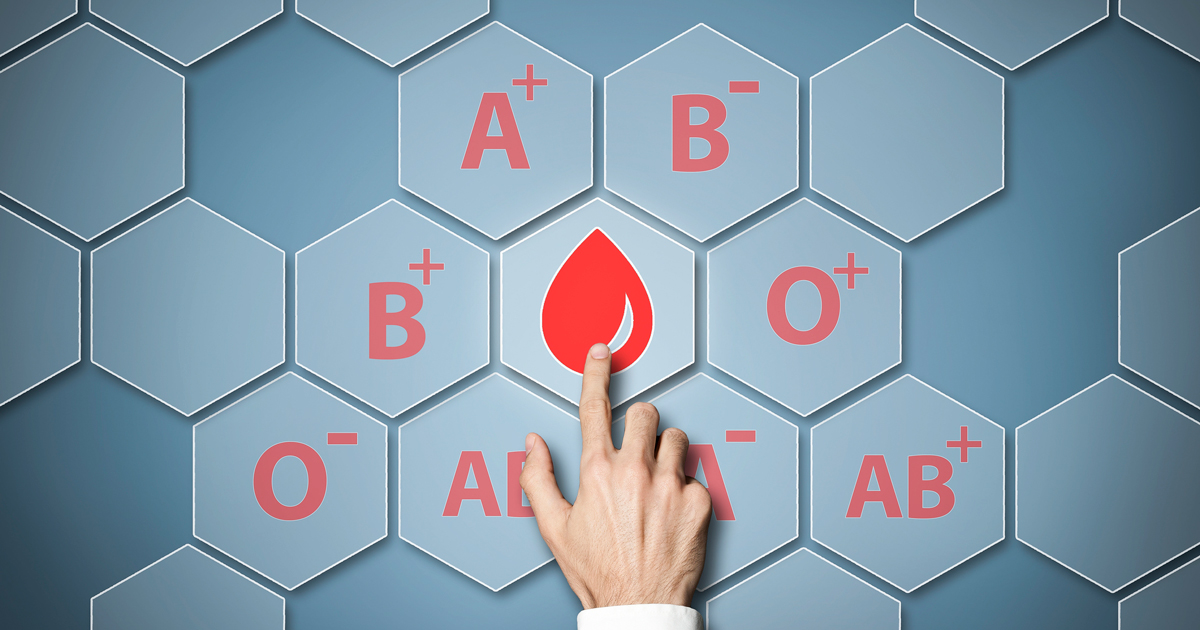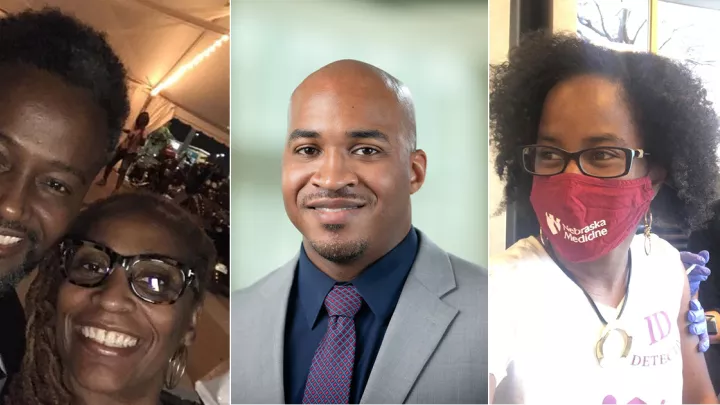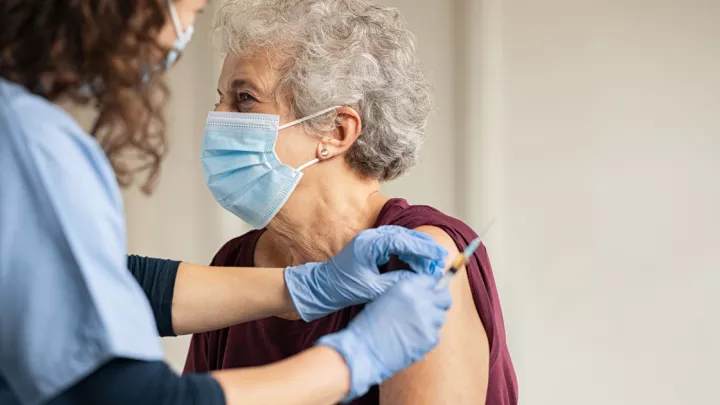How blood type affects COVID-19

You may have heard that blood type matters when it comes to contracting COVID-19. But how? What scientists have learned is blood type seems to matter in at least two ways:
- Risk of acquiring COVID-19
- The severity of the COVID-19 disease
Recent data suggests that people with blood type A have a significantly higher risk of acquiring COVID-19 than non-A blood types. Blood type O seems to have the lowest risk. Yet these risks are relative, meaning people with type O blood are not immune to COVID-19. "We do know that people of all types can get infected with COVID-19," says cardiologist Daniel Anderson, MD, PhD.
Your blood type may also affect how severe the progression of COVID-19 will be. "Some evidence shows the severity of the infection is associated with different blood cell types, but the mechanisms by which it happens are unclear," says Dr. Anderson.
Blood type is not the only factor in disease severity. How much virus you were exposed to, your age, plus any of your underlying health conditions also affects the course and severity of the disease. Say, for example, you and your friend who have the same susceptibility are both sharing a bus with someone who has asymptomatic COVID-19. Your friend sits next to the person infected. You sit 7 feet away from both of them. Your friend would have a worse case of COVID-19 because they were infected with more virus. We call this the viral load. "Masks are important because they filter out some of the virus and decreases the viral load, which makes the infection less severe," says Dr. Anderson. An infection with a lower viral load makes a positive difference in clinical infection in all people.
The question researchers are trying to answer is why blood type matters. One theory is that antibodies may play a role. You may know that blood type A individuals can't donate blood to people with type B blood. That's because of a particular type of antibody they make that attacks other red blood cells. Type O individuals have anti-A and anti-B antibodies, while type A individuals only have one kind: anti-B antibodies. Similarly, type B individuals only have anti-A antibodies. Perhaps having both anti-A and anti-B antibodies gives type O individuals the ability to minimize the disease. We don't know the answer, which is why ongoing research is so important.
UNMC researcher Rebekah Gundry, PhD, received a "COVID-19 and Its Cardiovascular Impact Rapid Response Grant" from the American Heart Association in May of 2020. Dr. Gundry and her team continue to investigate how heart injuries caused by COVID-19 develop and the impact of red blood cells on the infection. Together, Drs. Gundry and Anderson and their collaborators have been collecting and studying blood and tissue samples for this collaborative research.
"We are learning a lot about coronavirus infection and the impact it has on the heart and vascular system," says Dr. Anderson. "It'll be intriguing to see what we learn from this new study."







